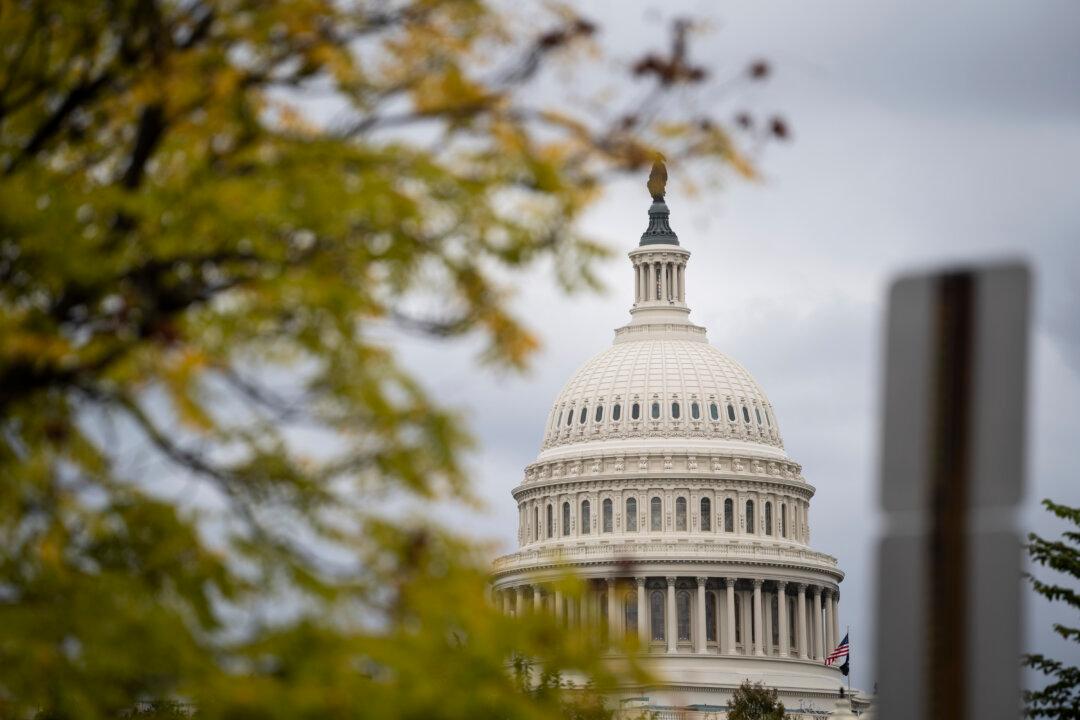The House yesterday rejected a temporary spending fix that would have forestalled a government shutdown.
The GOP measure, which would extend government funding for six months past the looming Sept. 30 deadline, was rejected by the House in a 202–220 vote, including 14 Republicans who voted against it. Three Democrats supported the bill. Two members voted “present.”





